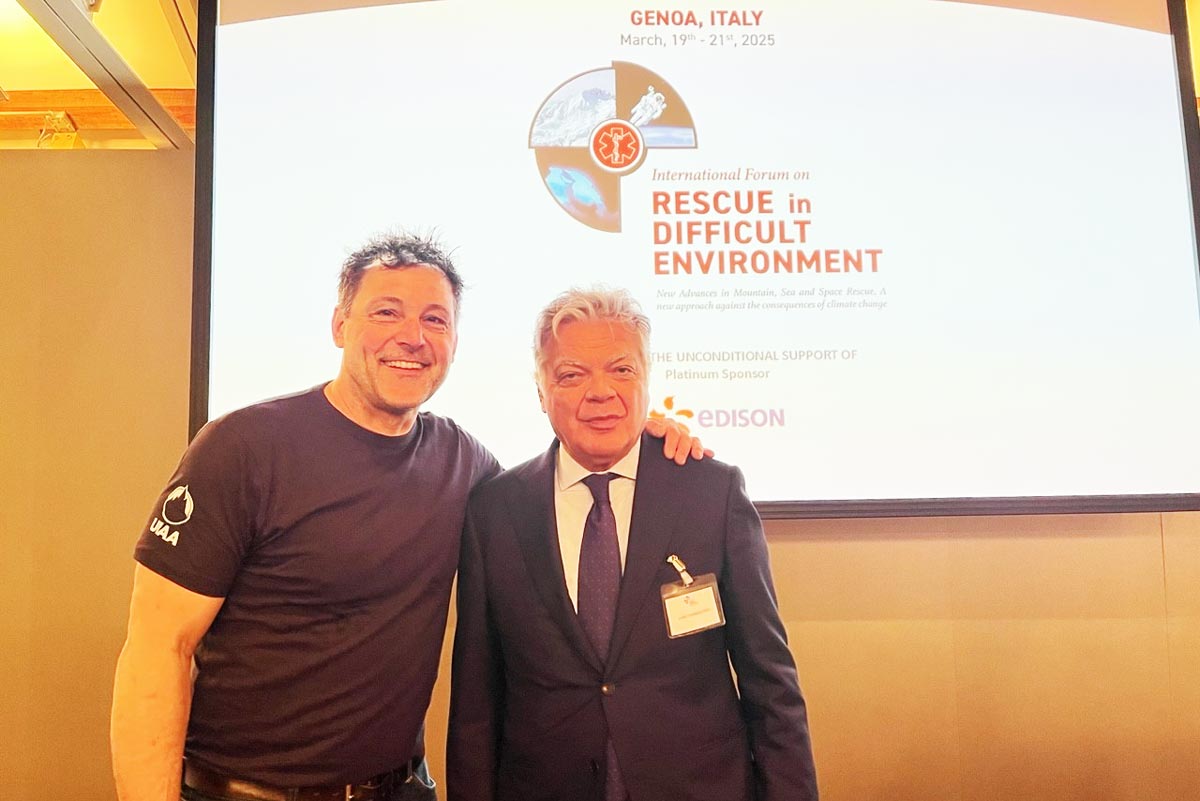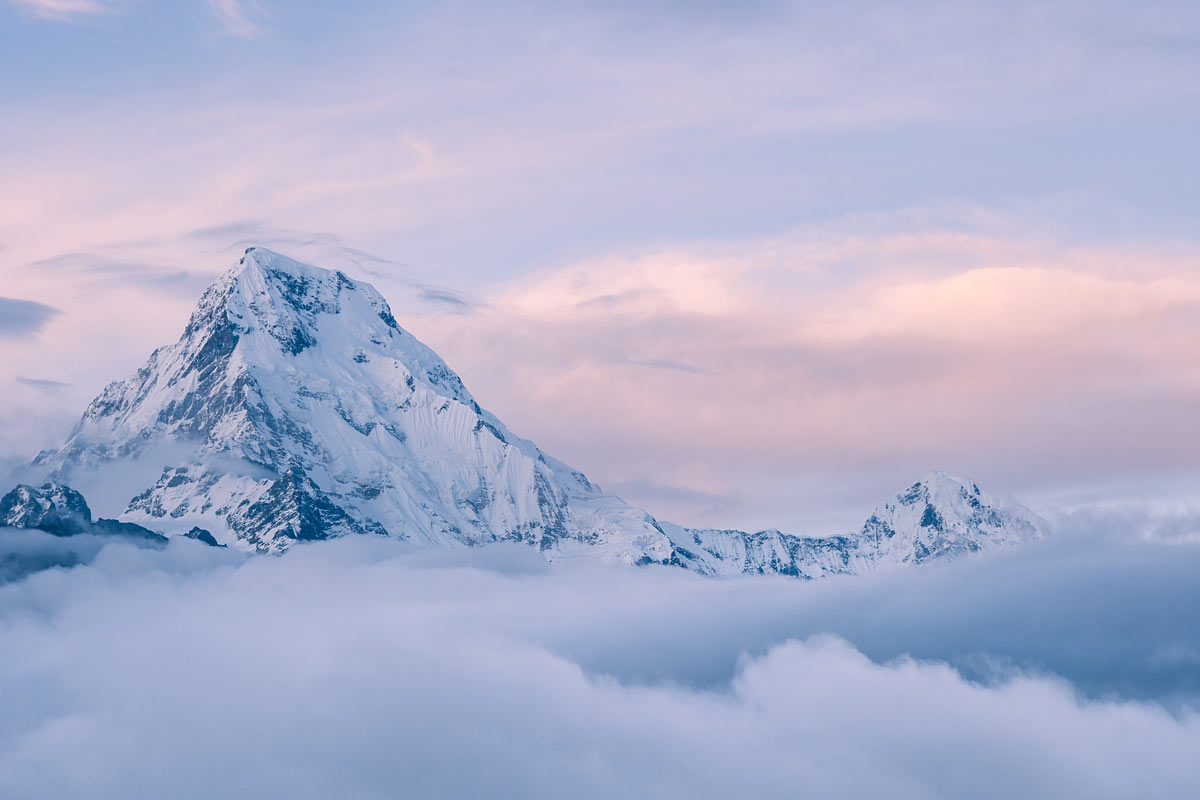Doctors from 15 countries have met in the Czech Republic to discuss mountain medicine and how to better spread accurate information amongst UIAA members.
The UIAA Medical Commission held their annual meeting near Teplice nad Metuji on October 2, where they exchanged research, experiences and developments in their respective countries.
Among the topics was the continued expansion of the joint Diploma in Mountain Medicine for doctors, which the commission manages together with partner organisations ISMM and MedCom ICAR.
In Switzerland 120 candidates took part in the course this year, while the Italian society for Mountain Medicine has been working with the Swiss and organised their 15th Diploma course for 14 candidates.
In the UK, 60 diplomas have been awarded so far and 30 doctors are in the process of qualifying. Work continues to develop a course in Japan.
The commission debated whether refresher courses for the Diploma holders should be mandatory. Because of the cost and time this would involve for the doctors, it was agreed that instead they should keep a log book of additional courses and practical experience. This can then be shown to future employers.
The commission is also keen to spread information among mountaineers without medical training. The advice booklet Travel at high altitude, written by the UK organisation Medex and partly funded by the UIAA, has been translated into Greek and Nepali. It has been widely distributed in both countries with the support of commission members and plans are underway for Spanish and Swedish editions.
In Iran, a basic mountain medicine course for mountaineers was attended by 1000 people, ten doctors have been trained in high altitude problems to help future expeditions and an educational website has been set up.
In Germany, commission member Dr Thomas Kupper will write a book on mountain medicine for doctors and interested lay persons. A booklet on traveling with pre-existing medical conditions has been produced and Aachen university continues to lead the country in training doctors in mountain medicine and doing field research in Nepal.
At the meeting, the doctors also discussed the problem of mountaineers suffering from frostbite ending up in hospitals where staff have little experience in treating these injuries. A solution has been developed in the UK where an experienced vascular surgeon supported by two qualified mountaineering doctors offer a 24-hour phone or internet advice service.
The commission also adressed the problem of medical screening of climbers at Aconcagua Base Camp (Argentina). After paying the peak fee, Spanish and UK climbers were turned back by official doctors after a check of their blood pressure and oxygenation of hemoglobin. The commission feels that these decisions have been based on unsafe medical evidence and will contact the park authorities to discuss how best to approach the problem of identifying unfit climbers.


